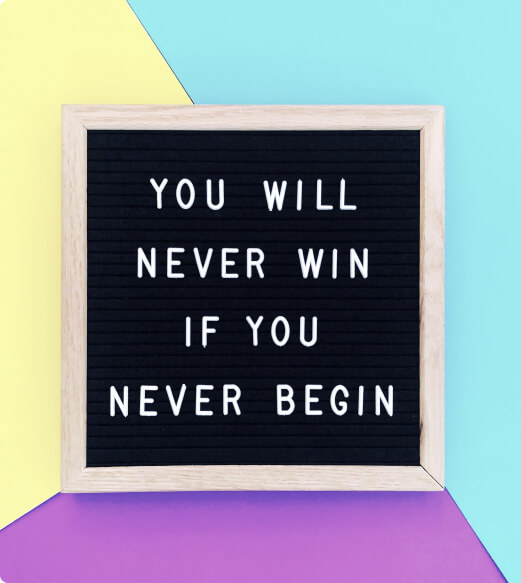

Quick question: what’s one decision you regret making in your life?
Oops, I think I hit a nerve there.
Ok, before you palpitate too much, know that you’re not alone.
I mean one way or another, as we age, we realize that not all the decisions we made in our lives worked for us.
So stop judging yourself first and just inquire within: how did that “wrong” decision impact your life?
Breathe. Recognize. And then let go.
You are no longer in that space now. And hopefully you learned along the way.
Don’t let those mistakes you’ve made before define who and what you can still be.
Honor their role in your journey but never let them take the lead.
After all, it’s all about learning and growing from that experience which matters most.
Might be painful at times, but definitely worth it in the end if you allow yourself to take responsibility for your decisions there after.
And by taking responsibility I mean that this time around, you will be able to make better decisions for yourself as you become more mindful of your thoughts and feelings.
1.) Check on your present space
It’s very important to become aware of your current space. What are the facts surrounding you? How do you feel? What’s on your mind exactly? Are you 100% present in the now? Remember, you can only make better decisions when you have fully acknowledged where you are coming from and the exact space you’re in. Ideally, you are in neutral grounds, free from stress and pressure with stable emotions and focused on the decision making on hand.
2.) Be clear on your objectives
Knowing why you’re making a certain decision and what you want to achieve in doing so will help you align your reasoning. Be as specific as possible: don’t just say “I just want to be happy.” ; qualify it. What does that mean? How does that look like for you? Being specific allows you to draw a mental and emotional note based on the clarity of what you really want from the decision you’re about to make.
3.) Identify your biases
Be mindful of past experiences that have created judgment about the dilemma on hand and on yourself. List down any unnecessary thoughts that will distract you along the way. Goal is to become as objective as possible so that your decision will be based on facts and not on trauma or heightened emotions.
4.) List down the pros and cons of your decision
I know. Quite basic. But seriously, when done correctly, it can do wonders for you. When I say correctly, I mean writing things as they are, without overthinking and without self-editing, so that you get to appreciate the real value they give accordingly. Try to catch yourself when you are trying your best to lean towards a certain decision intentionally by sugar coating the cons consciously. Trust me, the more you minimize either side, the more unsound your decision will become.
5.) Acknowledge how you genuinely feel after seeing the facts
Your feelings matter just as much. Never invalidate them when making decisions. However, what is best here is to assess them based on the facts you have on hand. Impulsive decisions normally don’t have factual support so at times they can wreck havoc there after. So after gathering enough data, assess how you truly feel about the decision you’re about to make. In my case, I always ask myself this question: what decision will make me feel happy, complete and fulfilled? Works for me.
At the end of the day, you know what’s best for you.
Remember, everything happens for a reason.
And decisions, whether good or bad, only become better when you learn and grow from them as you take responsibility.
May your decisions reflect the life you truly want and deserve soon.
